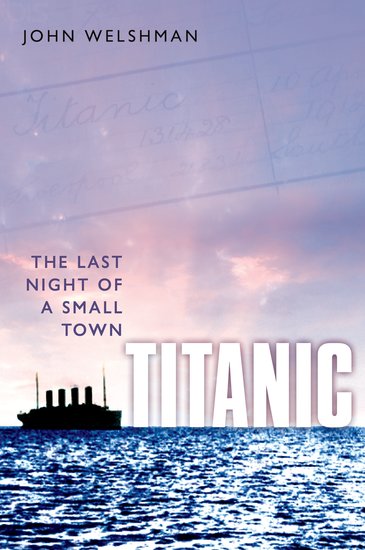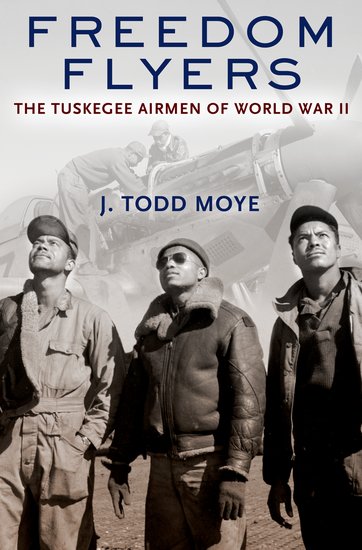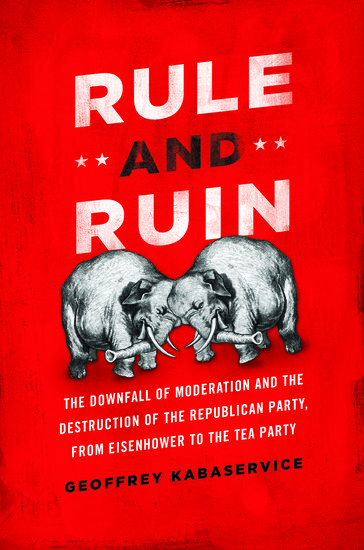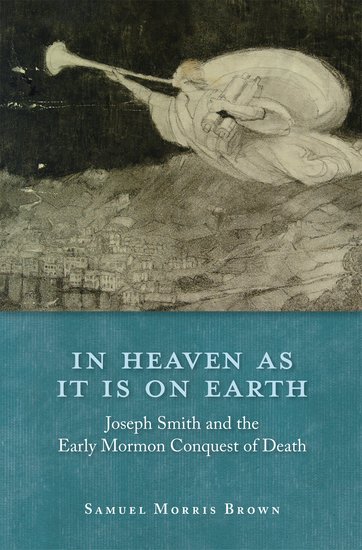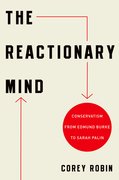Heart of Buddha
A century ago, Tanxu used his temples to establish physical links between Buddhism and Chinese nationalism. At the same time, though, he was guided by the belief that the physical world was illusory. The title of his memoir, “Recollections of Shadows and Dust,” uses a common Buddhist phrase meant to convey the impermanence and illusion of the material world, hardly the theological emphasis one might expect from a man who transformed cityscapes with his work in brick and mortar. I tried to understand this apparent paradox as I researched Tanxu’s career, but my connection to him remained impersonal, even distant, and strictly academic.


